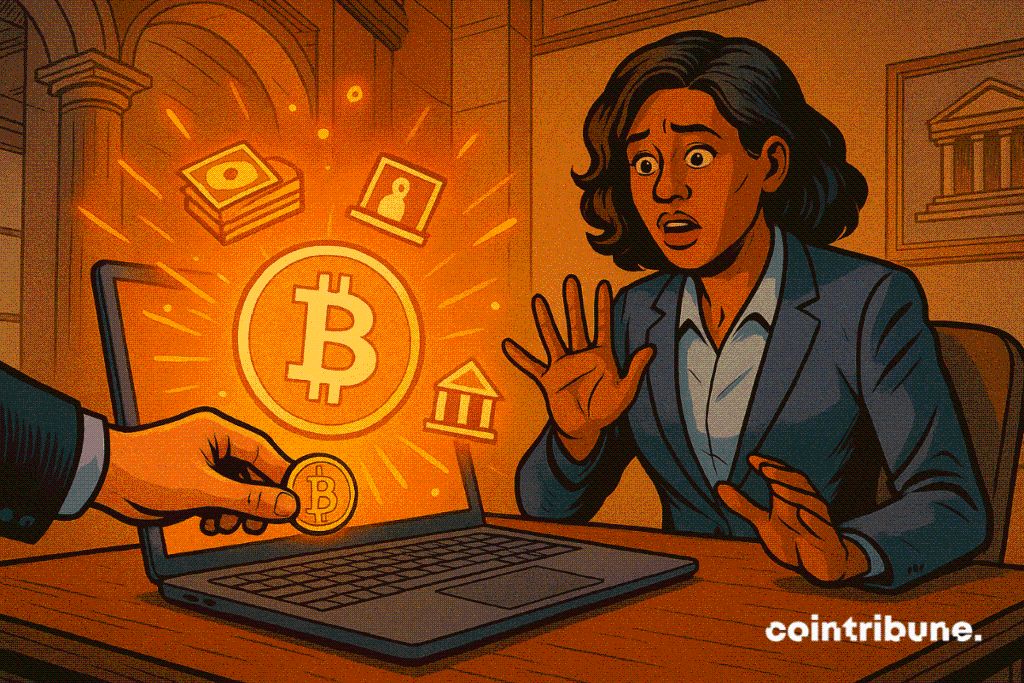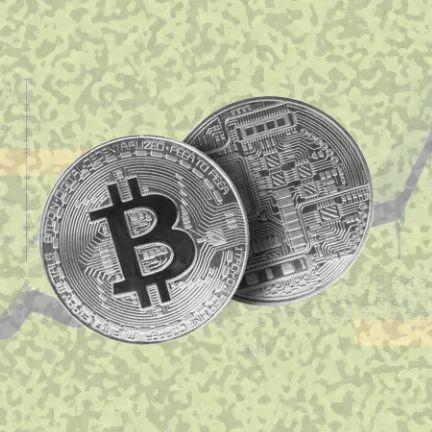OCC Clarifies Banks Can Hold Crypto for Network Fees
With each passing day, the cryptocurrency sector is gaining clearer guidance from regulators. The Office of the Comptroller of the Currency (OCC), the Treasury Department’s banking regulator, has clarified that national banks may hold and use digital currencies to cover blockchain network fees, commonly known as gas fees. The guidance outlines how banks can manage these assets for operational purposes while remaining fully compliant with regulatory requirements.

In brief
- OCC confirmed that national banks can use cryptocurrency to pay blockchain network gas fees for approved activities.
- The guidance allows banks to hold the amount of crypto on their balance sheets necessary to manage these operational fees.
- The guidance reflects a shift from prior administration approaches and provides clearer rules for banks engaging with digital assets.
OCC Guidance on Crypto Use
The OCC issued interpretive letter No. 1186 on Tuesday, clarifying that banks may use crypto assets to cover network fees for authorized crypto-asset activities. The guidance further allows banks to maintain on their balance sheets the amount of digital assets required for these purposes.
In addition, the letter notes that “banks may hold amounts of crypto-assets as principal necessary for testing otherwise permissible cryptoasset-related platforms, whether internally developed or acquired from a third party.”
Outlining the rationale for this guidance, Adam Cohen, the OCC’s senior deputy comptroller and chief counsel, explained that the update allows banks to continue existing activities without taking on additional risks or complications. It also enables them to hold the necessary crypto assets internally, eliminating the need to acquire them from outside sources.
Regulatory Shifts Across Administrations
The recent clarification highlights differences in the U.S. regulatory approach to cryptocurrency. Under President Trump, regulators such as the Office of the Comptroller of the Currency have taken a more favorable stance toward digital assets, encouraging innovation in banking activities involving crypto. This approach contrasts with the Biden administration, where the OCC has taken a more cautious stance, requiring national banks to obtain regulatory permission before engaging in most crypto-related operations.
Under the Biden era, federal banking regulators warned banks against participating in certain cryptocurrency activities considered risky, for example, involvement with open decentralized networks. These restrictions limited federally chartered banks’ ability to pursue digital asset initiatives.
OCC Guidance Opens Path for Banks in Cryptocurrency
The Trump administration, however, rescinded earlier guidance discouraging crypto participation. In tandem, the Federal Reserve and the OCC, in July, provided coordinated guidance that clarified how existing banking regulations apply to banks managing digital assets for their clients, further defining the legal framework for banks’ involvement in the cryptocurrency sector.
This latest guidance brings significant clarity to the regulatory space, allowing major U.S. banks to integrate blockchain technology into traditional banking functions. The OCC’s formal authorization for banks to manage crypto for network fees and test platforms opens the door for institutions to take a more proactive role in the cryptocurrency ecosystem. This regulatory certainty is expected to encourage broader innovation and adoption of digital asset services within the banking sector, bridging the gap between conventional finance and emerging blockchain technologies.
Disclaimer: The content of this article solely reflects the author's opinion and does not represent the platform in any capacity. This article is not intended to serve as a reference for making investment decisions.
You may also like
Bitcoin tests the bottom again; 2026 may be a good opportunity to enter the market
This article mainly discusses the role of bitcoin and AI in the future economy and their impact on the risk asset market, as well as predicts the market trends for 2026.




